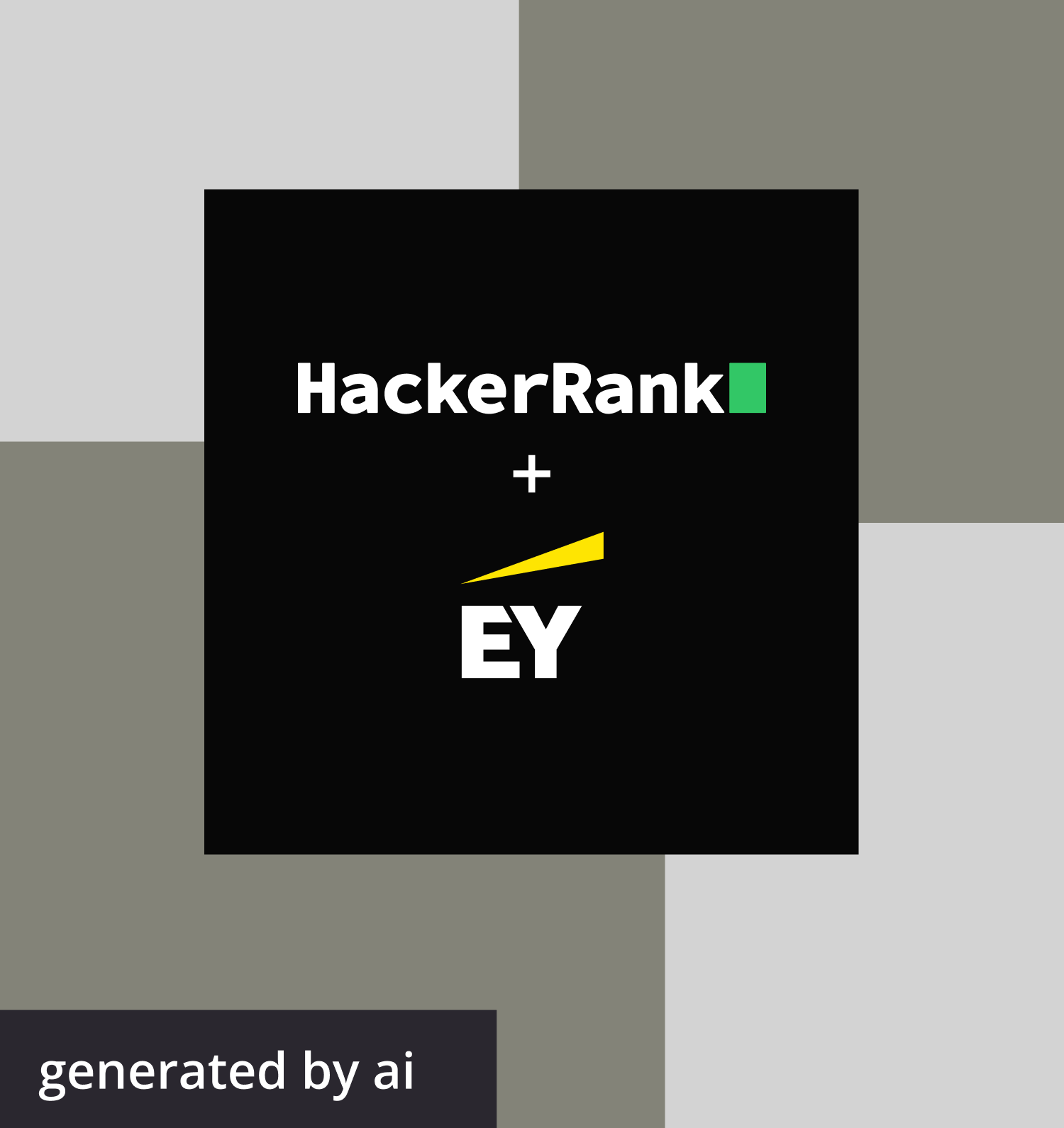
This is an excerpt from HackerRank’s Moms Who Code initiative. Read all of the interviews.
Prafulla Arvind fell in love with computer science at a young age. She began writing code after seeing her brother code and then went on to take computer science classes in high school and in college. She started as a developer at VMware back in 2012 and was soon promoted to a technical lead position. Now, Prafulla is an engineering manager leading one of VMware’s data science teams while also taking care of her 9-year-old daughter.

1. What do you enjoy the most about your job and what’s something you’ve created at VMware that you’re particularly proud of?
My job gives me the opportunity to innovate and it’s challenging, making it more interesting each day. A project that I’m particularly proud of is the one I'm currently working on. We’re building an analytics platform at VMware with the ability to facilitate self-healing systems.
Self-healing systems are systems that become aware when something is not working in the system and they make the necessary changes to repair their problems without any human help. It’s exciting to be working on this because there is a lot of value in mining the data and getting useful insights.
2. Did you face any challenges when returning to work after your maternity leave?
My daughter was born while I was working in a smaller company before VMware, where I did not have the flexibility that I have at VMware and I felt it was too soon for me to return to work after the maternity leave. But I had to because I was part of a small engineering team that was supporting the entire company’s needs. It was difficult for me to be away from work for long which made it challenging the first few months after I returned.
3. How has VMware supported you as a working mom?
VMware gives a lot of importance to working mothers and to new parents in general. The company recognizes that having children is a life-changing event and parents need time to adjust to the new lifestyle.
I truly feel lucky to be working in a company like VMware. I have been able to take time off when needed to care for my kid. There have been several occasions in the 7 years that I have been at VMware where I had important meetings and appointments for my kid that I couldn’t miss, and I have always been able to handle both because of the flexibility that the company provides.
4. People often struggle to balance their passions for their careers and their responsibilities as a parent. What is the one thing you have adopted to balance both and keep you sane?
I believe it is discipline and better planning for me that has helped me pursue my career. You have to accept the fact that you cannot do everything, so prioritizing the things that are important both in work and life helps bring in some sanity. Always take time to breathe, workout, meditate or anything that calms your mind and helps you think clearly.
5. Are there any working moms or women in tech in general who really inspire you?
Yanbing Li is SVP and GM at VMware and she really inspires me with her positive outlook in life. She was a panel member at a Women in Technology conference, and she talked about how she manages to raise 3 children and lead organizations at the same time. It’s inspiring to see that it is possible to balance your career and motherhood. It is like learning from the best.
6. HackerRank research has found that women are closing the gender gap in the computer science field and have the in-demand skills that hiring managers are looking for. But, resumes with female-sounding names are less likely to be hired than resumes with male-sounding names even if their resumes are exactly the same. What do you think should be done to address this issue?
I hear this a lot about resume screenings. There should be standardized tests which are provided for all the candidates for screening. This will allow the eligible candidates an opportunity to move forward.
Also, we always educate women about these issues but there should be education for men as well. Both men and women have to push for and participate in bringing these changes to action.


